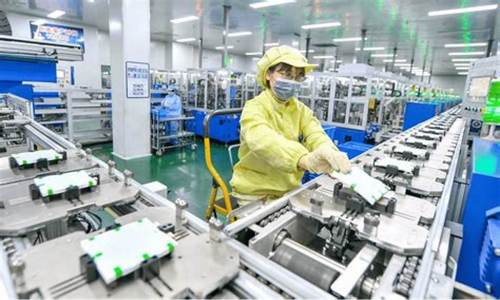【Lithium Battery】Is the Reduction in Export Tax Rebate Good or Bad for the Lithium Battery Industry?

【Lithium Battery】Is the Reduction in Export Tax Rebate Good or Bad for the Lithium Battery Industry?
According to an announcement by the Ministry of Finance and the State Taxation Administration, starting in November 2024, the export tax rebate for lithium batteries will be reduced from 13% to 9%. This policy adjustment aims to guide domestic price correction by lowering the export rebate, mitigate international trade criticisms, and encourage the cultivation of internationally competitive products. Learn more about the low sulfur calcined petroleum coke market for negative electrodes.
The reduction in export tax rebates has the following impacts on the lithium battery industry:
1. Increased Costs
The reduction in the export rebate means higher export costs for lithium battery companies. For instance, a 1% reduction in the export tax rebate is equivalent to a 1% increase in general trade export costs. This year, due to the decline in raw material costs and the impact of price wars, the price of lithium battery cells has been falling. According to SMM data, the current cost of square ternary lithium cells is 0.51 yuan/Wh, and the cost of square lithium iron phosphate cells is 0.34 yuan/Wh. With the reduction in export tax rebates, lithium battery companies will face higher export costs, potentially further squeezing their profit margins. According to customs data, from January to September 2024, China's export value of lithium-ion batteries reached USD 43.687 billion. If the export rebate rate is reduced from 13% to 9%, Chinese lithium battery companies will lose USD 1.747 billion in export tax rebates.

2. Decreased Market Competitiveness
The reduction in export tax rebates will lead to an increase in export prices for lithium battery products, which may reduce companies' competitiveness in international markets. However, the lower export rebate rate could shift the benefit of price competition to domestic markets, reducing the subsidy of domestic finances for overseas inflation and alleviating the national fiscal burden. Despite this, trade friction and raw material price fluctuations remain major risk factors for the lithium battery industry. Therefore, alongside the adjustment in export tax rebate policies, lithium battery companies need to pay attention to these external environmental changes and flexibly adjust their business strategies to ensure stable development during capacity reduction and transformation processes.

3. Industry Capacity Reduction
The reduction in export rebates is also seen as a measure to accelerate industry capacity reduction. By lowering the rebate, the government aims to eliminate enterprises that rely on price wars for survival and encourage mid- to high-end manufacturing to move away from excessive reliance on price competition. This will shift the focus toward technology innovation and product upgrades, fostering healthy competition. This approach will help reduce excess capacity and promote the healthy development of the industry.
Feel free to contact us anytime for more information about the artificial graphite anode market. Our team is dedicated to providing you with in-depth insights and customized assistance based on your needs. Whether you have questions about product specifications, market trends, or pricing, we are here to help.
No related results found








0 Replies